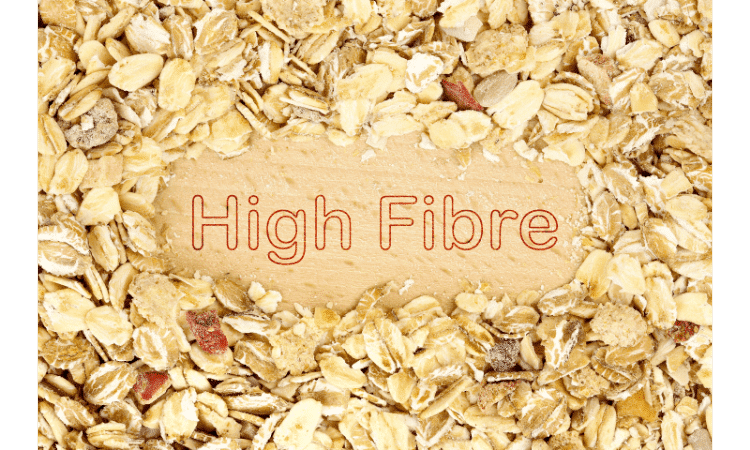
If you’re not getting enough fiber in your diet, your health is at risk. But what exactly does that mean? Here’s a quick rundown of the potential consequences:
Digestive problems
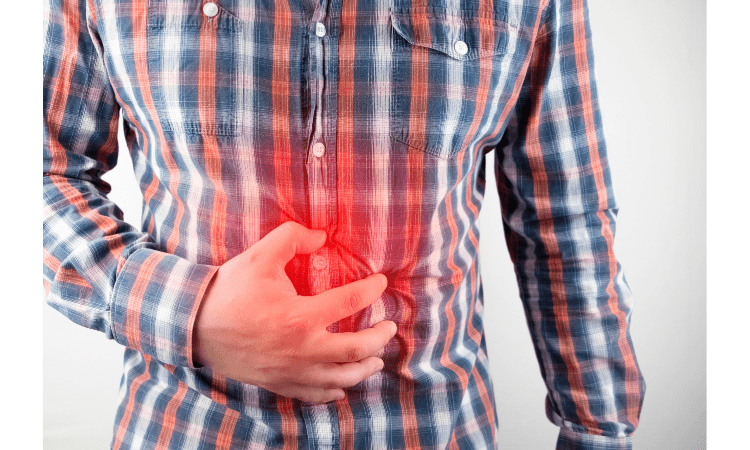
Fiber helps food pass through your digestive system faster. It also makes you feel full longer, which means that you won’t eat as much at meals or snacks. Fiber can help keep your bowels healthy by preventing constipation and diverting waste away from the colon (or large intestine), where it would otherwise collect and cause a buildup of harmful waste products.
Fiber is a key component of any healthy diet because it:
-
Helps with weight control by helping you feel full longer so that you don’t overeat at meals or snacking time
-
Helps manage blood sugar levels by slowing down digestion of carbohydrates and starches
High cholesterol
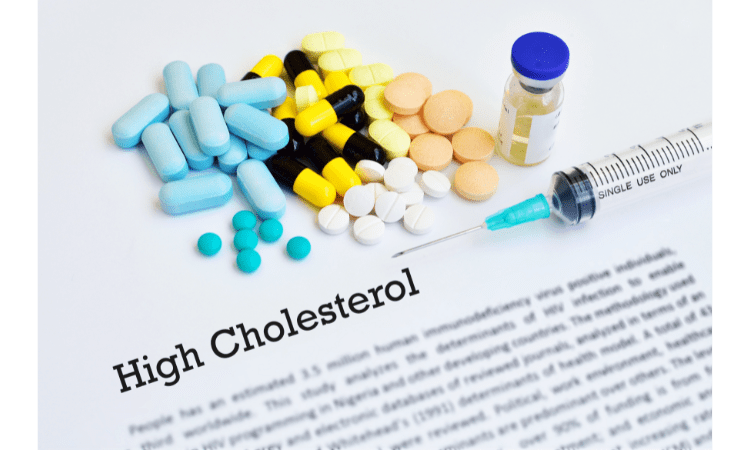
Here’s how fiber helps:
-
Reduces cholesterol. The soluble fiber in oatmeal and psyllium, for example, lowers blood cholesterol levels.
-
Lowers blood sugar. Soluble fiber can slow down the absorption of sugar, helping to keep your blood sugar level stable. This is especially important if you have diabetes or prediabetes since high blood sugar can damage organs and cause other serious health problems.
-
Lowers blood pressure (also called hypertension). Insoluble fiber can help prevent constipation by adding bulk and moisture to stool—so it moves through your colon more easily and smoothly (and without straining). This reduces pressure on the veins that carry blood back from your body to your heart for circulation throughout the rest of your system—which lowers both systolic AND diastolic BP readings!
Irritable bowel syndrome due to less fiber consumption
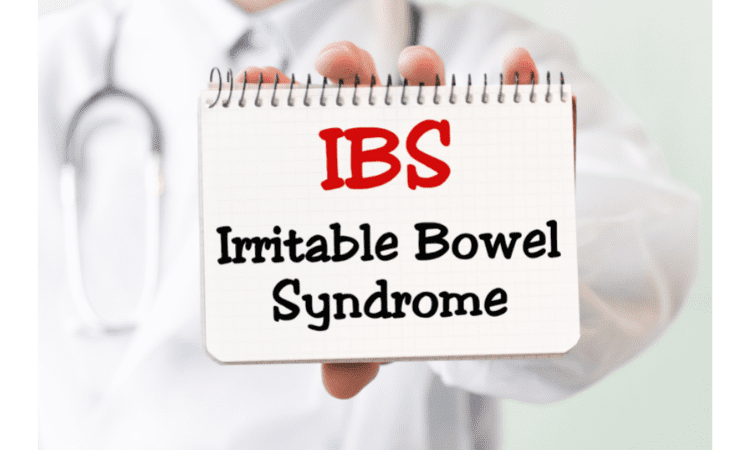
Irritable bowel syndrome, or IBS, is a common condition that affects the large intestine. It can cause symptoms like abdominal pain and cramping, bloating, gas, constipation, and diarrhea.
Many people who have IBS experience these symptoms because they don’t eat enough fiber in their diet. A diet low in fiber can lead to constipation and make it harder for food to move through your colon, which can cause abdominal pain and bloat.
If you’re not getting enough fiber from your diet, try adding more fruits and vegetables to your meals. You can also try taking a supplement if you’re having trouble getting enough from food alone.
Type 2 diabetes

Type 2 diabetes is a serious health condition that can lead to a host of other problems, including stroke, heart failure, and amputation. But why is it so dangerous?
The answer lies in the fact that when we eat less fiber, our system struggles to process the sugars that come from foods with a high glycemic index. This leads to excess blood sugar levels, which in turn can lead to weight gain and insulin resistance.
Insulin resistance is when your cells become resistant to the effects of insulin, which makes it harder for them to absorb glucose from your bloodstream. Without enough insulin available, your body can’t break down sugars into energy or store them as fat—which means they continue circulating through your system until you get rid of them by urinating or sweating out extra fluid through exercise.
Over time, this cycle of excess sugar circulating through your system without being broken down properly can lead to serious health problems like heart disease and diabetes—and it all starts with less fiber in your diet!
Increase risk of heart disease
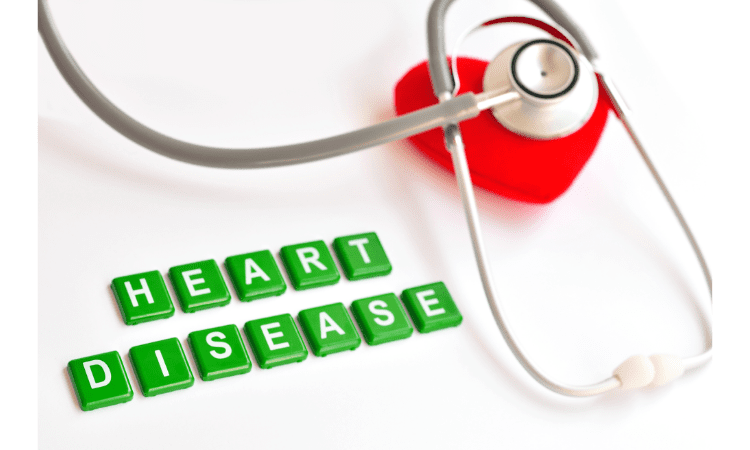
When you eat foods high in fiber, it passes through your system undigested. This helps lower cholesterol and blood sugar levels, both of which are important factors in preventing heart disease. Fiber also helps to regulate how much fat we absorb from our diet. According to the American Heart Association, diets high in fiber can help reduce blood pressure and lower the risk of stroke by as much as 30%.
The benefits don’t stop there: Studies show that eating more fiber may reduce your risk for colon cancer by up to 25% and breast cancer by up to 20%. It may also prevent diabetes since it slows down absorption so food stays in your stomach longer—giving it time to be digested before passing into the intestines where glucose is absorbed into the bloodstream quickly causing spikes in insulin levels due to an excessive sugar intake.
Diverticulosis
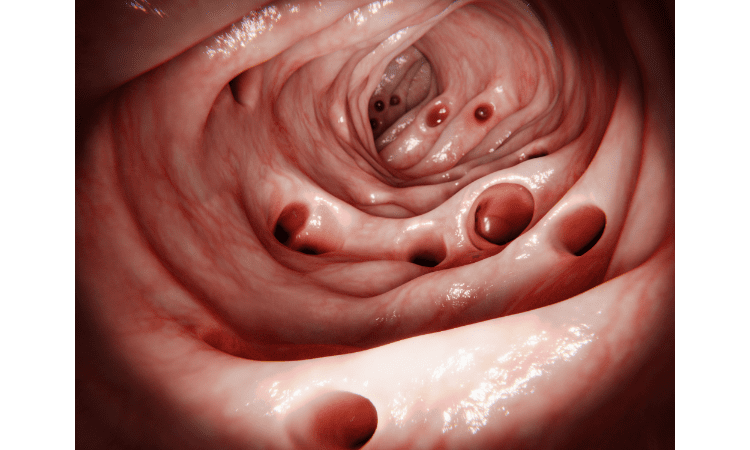
You may be wondering how much fiber you need to prevent or treat diverticulosis. The answer depends on your current diet, but it’s generally recommended that adults get 25 to 30 grams of fiber per day.
If you don’t currently have diverticulosis, then following the previously mentioned guidelines is enough on its own to keep your digestive tract healthy and prevent the disease. If you’re already suffering from diverticulosis, then these recommendations may not be enough—your doctor will likely recommend taking a daily supplement (usually in tablet form) that contains higher levels of fiber than what’s found in foods alone.
The same holds true for constipation: if your diet isn’t providing enough water-soluble fiber (that is, soluble fibers such as psyllium husk powder), then increasing your intake through supplementation is usually necessary for treating constipation and other related conditions like irritable bowel syndrome (IBS).
Weight Gain
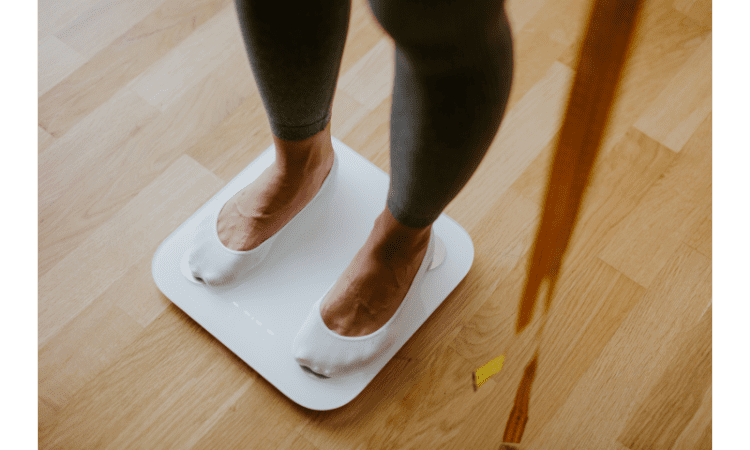
Fiber is the part of a plant that your system can’t digest. It helps you keep regular by absorbing water, which makes it softer and easier to pass through your body. If you don’t get enough fiber, your body will absorb less water. That’s why without enough fiber, you’re likely to gain weight—because your body can’t absorb water properly, and thus can’t flush out wastes or food particles from your system as well as it should be able to.
A high fiber diet is important, but be sure to add fiber gradually.
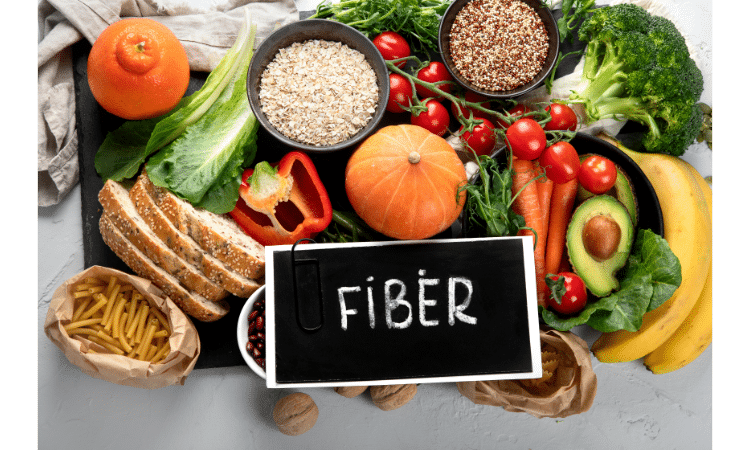
A fiber-rich diet is important for your overall health. It can help you stay regular and make sure your digestive system has a smooth running, so to speak. It’s also good for your heart, reducing the risk of developing cardiovascular disease. If you want to lose weight, eating more fiber will give you more energy throughout the day because it keeps you feeling fuller longer.
But getting enough fiber isn’t always easy—especially if you’re used to a low-fiber diet or have digestive issues like Irritable Bowel Syndrome (IBS) or Celiac disease. You should talk with your doctor first before making any drastic changes in how much fiber you eat since too much can cause other health problems such as bloating and gas pains if not done properly. When adding in more high-fiber foods into your diet slowly over time will help prevent these symptoms from happening too quickly without giving yourself time to adjust gradually.
Conclusion
The takeaway is that fiber is an important part of a healthy diet. It helps with digestion and cholesterol, and can even help reduce the risk of heart disease. But it may be best to start slowly, adding more fiber as your system gets used to it. You should also try to eat whole grains rather than refined grains like white bread which doesn’t contain much fiber in the first place!











